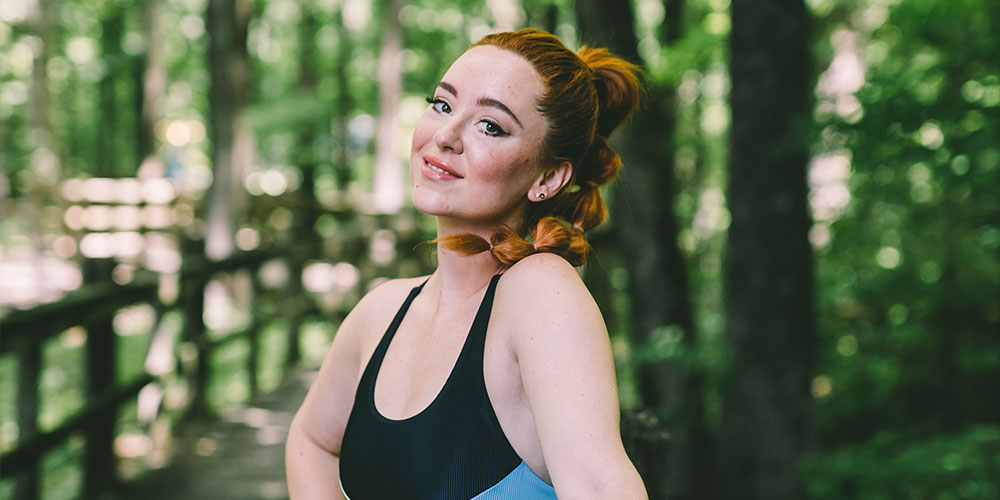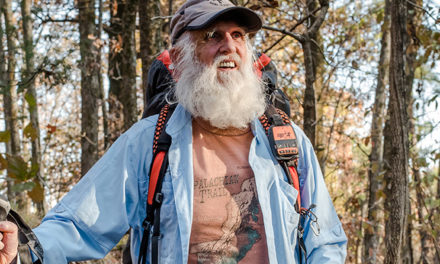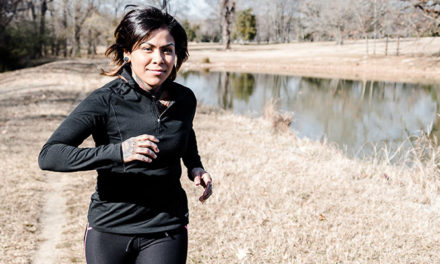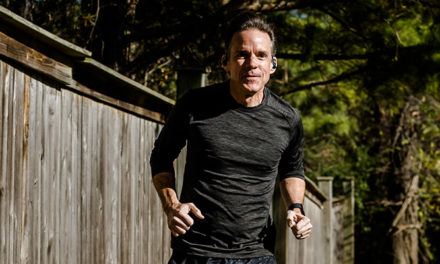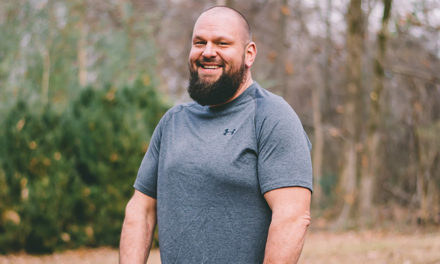Liz Amick, 29, is an accomplished singer and songwriter, a successful content creator with more than a million followers across her various social channels, and an actress newly signed to a talent agency. Talking to her for only minutes, you feel like you’ve known her forever. Still, you’d never know this lively woman who seems to have everything going for her has spent the last fifteen years battling an eating disorder and exercise addiction.
Liz is not shy about naming her disease. “I will say it – anorexia. It’s not just disordered eating or ‘oh, I’m on a diet,’” Liz explains. “It’s an actual disease, dangerous to many people, especially women.”
According to the National Institute of Mental Health, anorexia has an extremely high mortality rate compared to other mental illnesses and impacts an estimated 20 million women in the U.S. alone.
Liz was diagnosed at 14 years old, and through her teens and most of her twenties would yo-yo between being “fine” and regressing into super restrictive eating habits and over-exercising.
“It’s truly an addiction. No matter how much my mom and my sister wanted me to stop, I literally couldn’t,” she says. She explains that especially working in music and social media, the external validation and praise she received for being thin made it particularly difficult. Outsiders had no idea how much she was suffering behind the scenes.
Liz hit her breaking point during the pandemic. Stuck at home, she found herself restricting every single thing she ate and spending hours of the day exercising.
“I finally had to look at myself and say… what are you doing?” she says. “This disease was affecting my marriage, my relationship with my sister, and quite literally ruining my life.”
In late 2020, she decided to take control and reached out to a therapist specializing in eating disorder recovery, specifically anorexia. She spent a year in intensive weekly therapy sessions with a therapist and nutritionist that completely changed her life.
Despite periods of being “fine” in her mid-twenties, Liz says this is the first time in her life she’s felt like she’s entirely in recovery. Those closest to her have noticed a shift in her energy since being in recovery, a lightness and sense of peace that was missing before.
Learning to enjoy her favorite foods again and exercise for enjoyment instead of punishment has been part of her recovery. However, because her exercise addiction was so severe, she was worried about being able to find a healthy balance when it comes to working out.
She’s been able to ease back into exercising healthily by giving herself grace. She no longer wears a fitness tracker that encourages an obsession with closing rings or hitting a daily step count. She’s also gotten comfortable with not pushing herself to do every exercise when attending group fitness classes. She’s made peace with the fact that sometimes she needs modifications or breaks.
“The main thing I learned in recovery is that you are much more than just your body and weight,” she says emphatically.
“The main thing I learned in recovery is that you are much more than just your body and weight,”
Liz also shared an exercise she learned in therapy, an important reminder to women who struggle with body insecurity.
“If you were to describe your best friends, you would say they’re bubbly, kind, or funny. You’d never mention their body or how much they weigh,” she explains. “It literally doesn’t matter.”
If you or someone you know suffers from an eating disorder, there’s help available. Contact the National Eating Disorder helpline at 800.931.2237
By Lucy Modzelewski
Photo by Tindall Stephens

